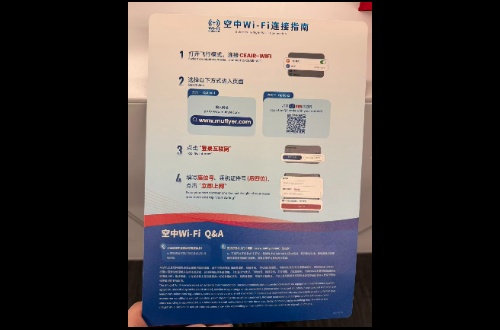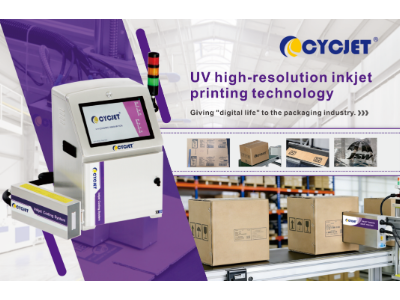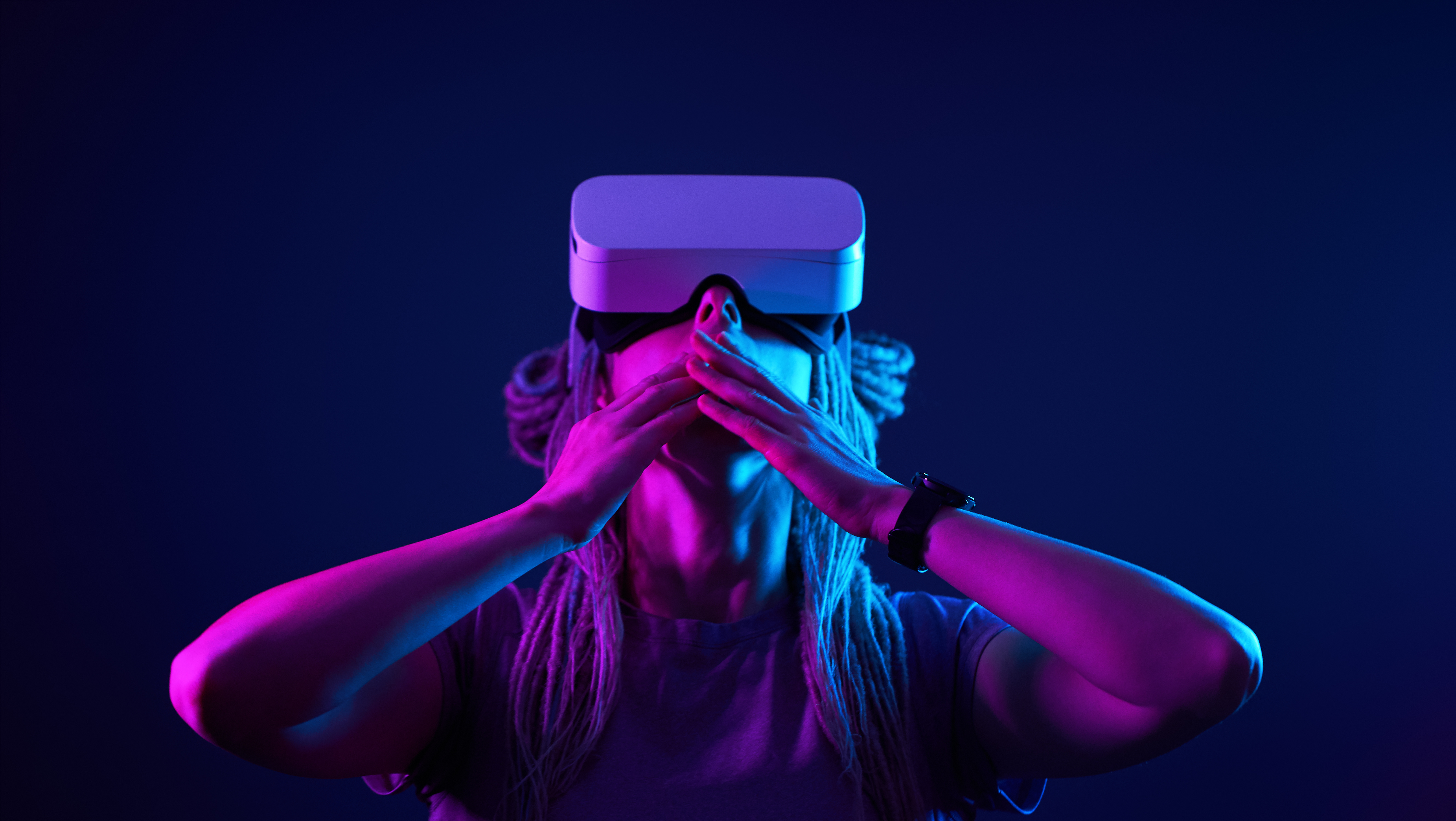Newest
-

Celebrating in the Sky: China Eastern Airlines to Offer Free In-Flight Wi-Fi as Part of Chinese New Year Connectivity Upgrade
-

China Eastern Airlines Unveils Top International and Regional Destinations as Chinese New Year Travel Peaks
-

MEXC COO Vugar Usi on Navigating Crypto's 2026 Reset: Why Retail-First Exchanges Are Winning
-

CYCJET high-resolution inkjet printers – the "surgical scalpel" for the Russian packaging industry.
Fierce Competition: 2022 Will Be a Crucial Year of the VR Market
 2022-08-12
2022-08-12
Recent years see a blooming of metaverse and VR technology. At the Facebook Connect 2021 conference, Zuckerberg announced that Facebook changes its name to Meta hinting at the company's anticipated dominance in creating a full metaverse. VR headsets, which let users move around in virtual environments, are now the most tangible kind of metaverse technology. Quest 2, a VR headset made by Meta, shipped 10 million devices in the same year, exceeding its target of 10 million VR users. At Oculus Connect in 2019, Facebook CEO Mark Zuckerberg stated that for VR platforms to be a viable and lucrative ecosystem for developers, they would need to achieve a barrier of roughly 10 million users. According to the latest data from International Data Corporation (IDC) Worldwide Quarterly Augmented and Virtual Reality Headset Tracker, global shipments for virtual reality (VR) headsets jumped 241.6% during the first quarter of 2022 (1Q22) compared to the same period last year. As the Quest 2 continues to be incredibly successful and Meta continues to offer more unique content while subsidizing hardware, it increased its market share and now holds 90% of the market. With a 4.5% share, ByteDance's Pico came in second place to Meta.
The majority of consumers today use VR headsets for leisure activities like gaming and travel to submerge themselves in a virtual environment and shape it anyway they see fit. However, there are more opportunities for using this emerging technology. Architects can use VR headsets to design buildings instead of using hand-drawn diagrams or computer-generated images. Companies are using VR to hold meetings, display products, and host customers. The Commonwealth Bank of Australia uses VR to assess candidate decision-making skills. VR enables education to be more interactive, more vivid, and interesting and can save teaching supplies by reusing courses and simulations, making high-risk teaching experiments safer, and providing classroom solutions that cannot be taught in reality. The medical industry is another place where AR/VR is thriving. In a study done at Duke University, paraplegic patients were treated using VR and brain-computer interfaces. Virtual reality (VR) may help with the recovery of function, according to a 12-month study of 8 individuals with chronic spinal cord injuries. Another area where AR/VR is becoming more popular is the energy sector, where ReNew Power, an Indian green energy company, is using it to promote the building of renewable energy sources, and the banking sector, where Standard Chartered Bank is purchasing virtual land in The Sandbox.

VR technology has already had a significant impact on numerous businesses because of the wide range of fields in which it may be used. So how does VR technology work? The majority of the time, VR technology enables 3D viewing through a VR headset, allowing you to gaze around in 360 degrees and have the image/video respond to your head movements. A number of parts, including a head tracking module, motion tracking module, eye tracking module, and the most crucial optical imaging module, are embedded in the small box in order to create a lifelike virtual environment in 3D that deceives our brains into blurring the lines between digital and reality.
A crucial element of the VR headset working process is that each eye receives different images. Each eye sees a slightly different of the same 3D picture, which causes the brain to think that the image is coming from a somewhat different directions. The video or image placed on the VR screens is split in two, with an individual view for each eye to create a 3D perspective.
Therefore, it is necessary to utilize lenses between the screen and your eyes. For better image shaping, geared motor drive module is the core component. The precise gearbox can accurately adjust the distance and focus between the left eye and the right eye to achieve clear imaging. ZHAOWEI, a drive system solutions provider, launches a VR headset lenses adjustment drive system to achieve better using experience, which is quiet, light, and high torque, and also can be used in a wide temperature range. The planetary gearbox inside the drive module can achieve precise control of distance change. In short, the correct lenses distance shape can help avoid distorting the screen-presented image and help us to see a more real-life-like world.
From IDC, the total number of VR shipments is anticipated to increase in 2022, rising by 26.6% to 13.9 million units. Coming soon, next-generation headsets from Meta, Pico, and Sony are anticipated to come alongside a headset from Apple that is anticipated to offer a mixed reality experience. It's a well-liked technology that has sparked a lot of interest. It will have a significant influence on people's lifestyles in the future. ZHAOWEI is prepared to witness this anticipated future.
